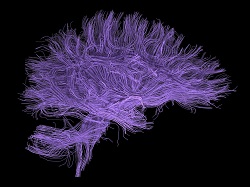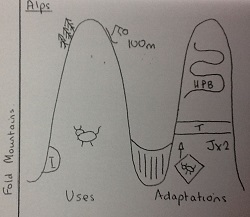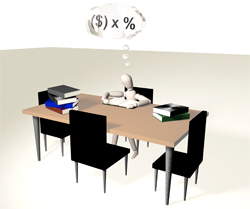How does a student gain knowledge? Is it via reading, or rather by collaborative exercises? As an international educator of 25 years and currently teaching in Mumbai, Maggie Hos-McGrane gives her thoughts on the issue.

I'm reading George Siemens' Knowing Knowledge very slowly as there is a lot to take in and think about. There are a couple of questions that I'm thinking about today:
I'm now thinking about the connection between learning and knowing, and have come across the word connectivism which asserts that learning is a network-forming process. The success of these networks in encouraging knowledge varies depending on a variety of things:

Over the last couple of years, Deputy Head and Geography teacher Chris Woodcock has been trying to develop strategies to support and challenge the low ability students he teaches.
Being a content heavy subject, these students struggle to recall the knowledge required to answer exam questions effectively, and as a result, they have been missing out on valuable marks. With this in mind, Chris wanted to develop a quick and easy strategy they could use to improve their recall of information. He has been doing this by using very simple diagrams as visual prompts.
So, having taught a topic, a simple diagram is used to summarise the main ideas. This can be easily memorised and then used to recall the main facts - an example follows:

This is always challenging, isn't it? Finding evidence that students have learned what you taught, that they can apply their knowledge to complex problems.
How do you do this? Rubrics? Group projects? Posters? None sound worthy of the Common Core educational environ - and too often, students have figured out how to deliver within these guidelines while on auto-pilot.
Where can we find authentic assessments that are measurable yet student-centered, promote risk-taking by student and teacher alike, inquiry-driven and encourage students to take responsibility for his/her own learning? How do we assess a lesson plan in a manner that insures students have learned what they need to apply to life, to new circumstances they will face when they don't have a teacher at their elbow to nudge them in the right direction?
Here are some of my favourite approaches:

A community-driven platform for showcasing the latest innovations and voices in schools
Pioneer House
North Road
Ellesmere Port
CH65 1AD
United Kingdom